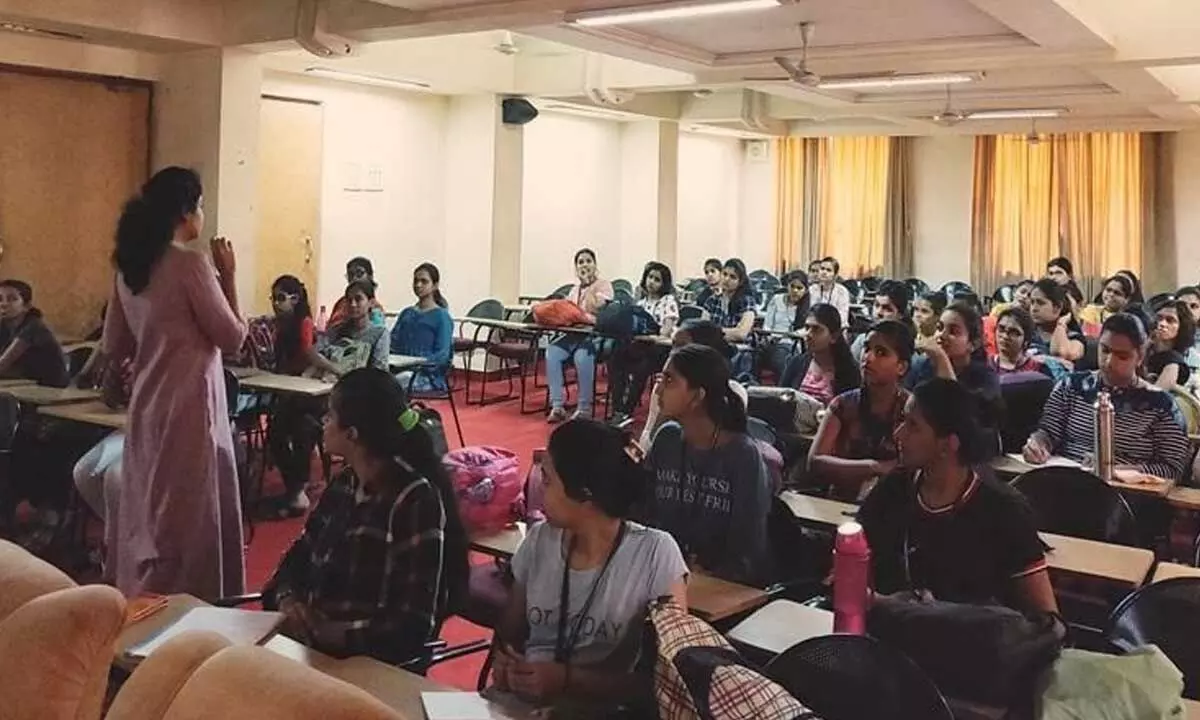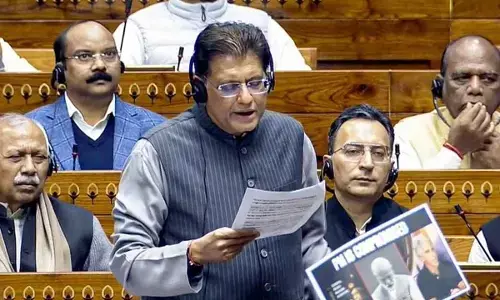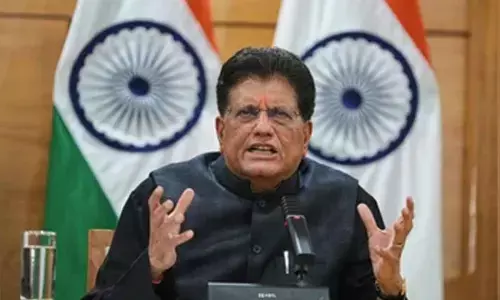Levelling up the playing field for women in the start-up ecosystem

Levelling up the playing field for women in the start-up ecosystem
In 2021, India had 13.5-15.7 million women-owned brands, accounting for 20 % of industries
When it comes to the availability of opportunities in all facets of life, including education, health care, and finance, Indian women continue to battle inequality and marginalisation. This is predominantly due to the existing institutional and systemic disempowerment of the female gender at all levels. Women-owned businesses continue to be in the minority and the barriers that women face who embrace entrepreneurial intentions are significant. They are frequently very different from those encountered by their male counterparts.
Due to the absence of ecosystem assistance, such as minimal economic access, market connectivity, and networks, the majority of these women-led startups are single-person businesses that operate in micro and small businesses. This is validated by a study conducted by the International Finance Corporation (IFC) in 2014, which highlights that the lower growth rate of women-led businesses compared to the median growth rate of Small and Medium Enterprises (SMEs) operated by men is primarily due to a shortage to finance.
Challenges faced by the women entrepreneurs
Various exclusionary theories, normalised by men, proclaim that women are less competent in executing highly specialised activities, despite equivalent expertise and academic credentials. This has resulted in female-owned businesses facing discrimination when seeking loans/funding because financing professionals are skeptical of their ability to run businesses in masculine fields. Even entrepreneurial qualities such as leadership, risk-taking ability, receptivity to change, emotional management, and the capacity to think individually are more associated with men than with women. Furthermore, because the majority of the high-level corporate world is still dominated by men, it is extremely challenging for female entrepreneurs to forge their own paths in the absence of mentorship and valuable connections.
Perks of women inclusivity in the start-up ecosystem
In the recent past, women's participation in the start-up ecosystem as professionals, entrepreneurs, and leaders has recently drawn the attention of numerous stakeholders, who have come to value the entrepreneurial spirit of women, leading to increased prosperity for all members of society. Workplace diversity, as well as cultural, age, and race variability, has been found to nurture innovation and creativity. Men and women have distinct perceptions and orientations, which influence how they address business. Challenging one another and working with people with different opinions can foster creativity and encourage innovative ideas that propel organisations forward. As per the recent McKinsey study, gender-diverse enterprises are 15% more likely to surpass financially above the industry median.
In the fiscal year 2021, India had 13.5- 15.7 million women-owned brands, accounting for 20 percent of all industries, and these businesses directly employed between 22 and 27 million individuals. Therefore, ensuring women are equally positioned and valued across all business sectors is the desirable way to go forward. Also, as women's access to economic and social services increases their prospects to be a part of the decision-making process, it's critical to paving the road to a more equal startup ecosystem, one that collectively requires actions from both government and corporate enterprises.
(The writer is a, Founder, and CEO of Avni- A startup focused on holistic menstrual care)








